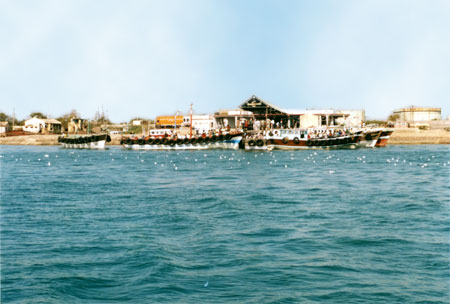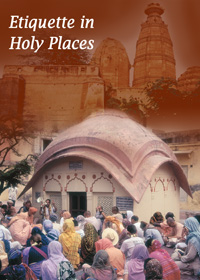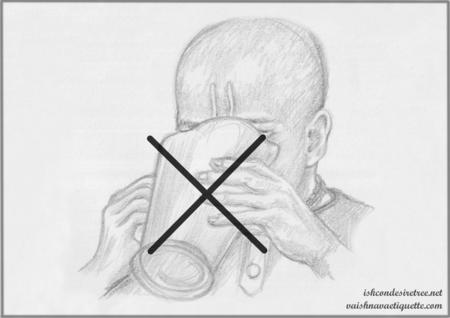The demigods are a very high race within the human species, they are often considered in fact above the human species because compared to the greatest powers that any human being can have , the demigods and the rakshashas are supernaturally powerful . Try to understand that within the universe of creation, Vayu has control over the wind and the air, Agni has control over all fire, Surya is presiding and controlling the sun planet. So when we read of how the demigods can do incredible and amazing things it should not surprise us. We cannot compare ourselves to such empowered beings .And often times the demigods, they are not necessarily pure devotees, but they are very pious beings with extremely pious karma by which they are given a birth with incredible facility and incredible oppulence , but they still have their independence to behave according to their mind and sense desire. So it is very difficult to understand the activities of the demigods . But the Puranas explain many of their activities for several reasons – there are Puranas in the mode of ignorance to uplift one to the mode of passion, Puranas in the mode of passion to uplift one to the mode of goodness and those Puranas in Sattva guna which are meant to uplift us to the transcendental platform of pure unalloyed devotion . So there are various stories which are explained within the histories of the Vedas for different classes of people for different types of purposes.
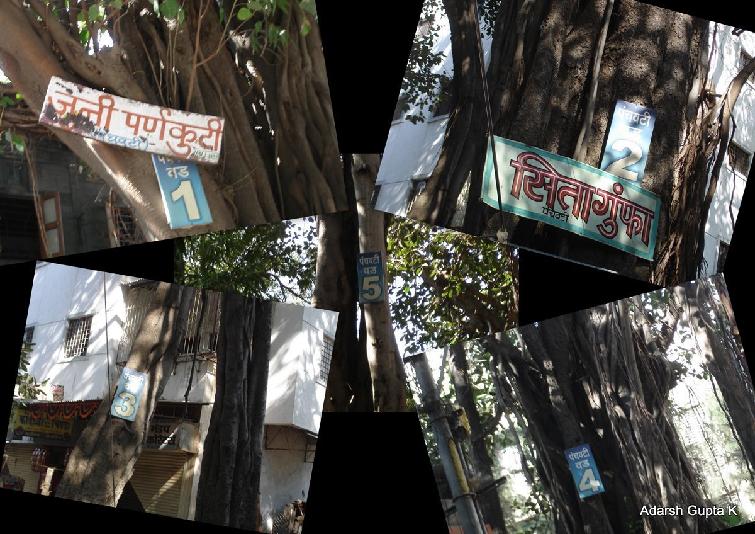
Pachavati – Five Banyan Tree
So there is one beautiful story about Surya, the presiding deity of the sun planet, he had a beautiful and a chaste wife of the name Usha . And Usha had very difficult time with her husband because he had such a glaring effulgence around him, it was difficult for her to look at him. So she wanted perhaps to give her eyes rest for some time , so she came to the earth planet and began to live at the hermitage of Kanva Muni one of the great rishis of the Puranas meanwhile Surya was very much anxious to be in the company of his consort, so he came down to the earth. As he was approaching the hermitage of Kanva Muni, Usha saw him coming and so she wanted to escape, so she took the form of the female horse, and began to run away, so Surya took the form of a male horse and chased after her and he caught her, then they began to perform lovely pastimes together as horses. Now there were five Rishi kumaras and they happened to be watching this that the great demigod Surya and his queen Usha are playing pastimes in the form of horses , so they began to laugh , Ha !! Ha!!!!! .So Surya cursed them to become trees in that very spot, so the five Rishi kumars became five Banyan trees at this very place. In fact right here we can see five Banyan trees, since that time this place is known as Panchvati – the place of the five Banyan trees.
Since that time this place has become a very very holy place. In fact , Sita and Ram decided to reside here during their exile and they took residence right under these five trees , just behind it you will see this temple, Sita Gufha, it is the cave in which Sita and Ram resided while living here in Panchvati .”
It is said by local people that Lord Ram delivered these 5 sages from their curse of having the tree bodies. However Lord Ram put life in these trees and thus kept them as it is for thousand of years to come.
Nashik – Panchavati Location:
The city of Nasik is on the western side of the Godavari. Here Laksmana, the pine brother of Lord Ramacandra, cut off the nose of Surpanakha, the sister of the demon Ravana. Nasik means “nose,” and thus the city gets its name.
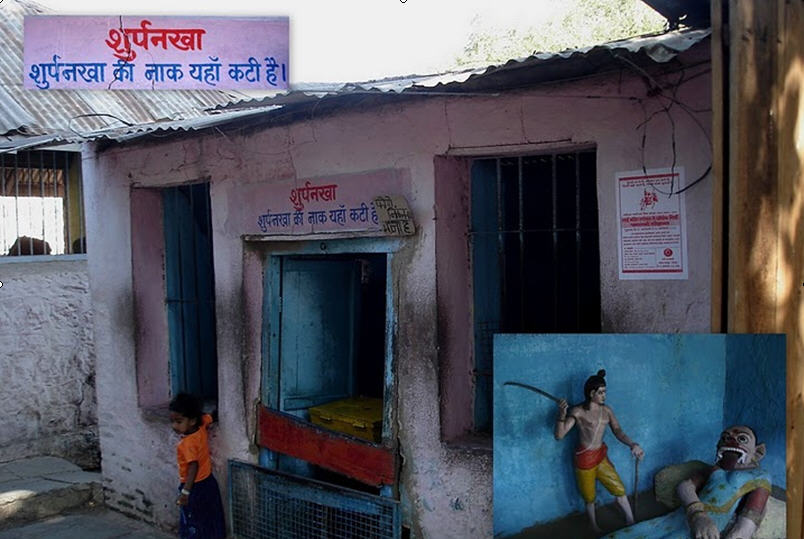
Place Where Laxman Cuts The Nose Of Surpanakha
Across the Godavari from Nasik lies the place known as Pancavati. Here in Panchavati tapovan , Lord Ramacandra and His wife, Sita Devi, lived with Laksmana during their exile. Tapovana, a place of penance and meditation where great sages used to practice austerities. Here the Godavari River meets the Kapila Ganges.

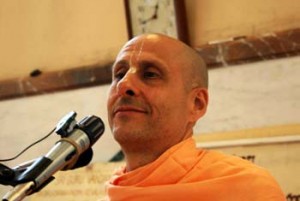 Not a blade of grass can move without the will of the Supreme Personality of Godhead. One can approach a holy place of pilgrimage only by His mercy. The vibrations of a holy place are sanctified by Tapasya and the transcendental love exchanged between the Lord and his devotees.
Not a blade of grass can move without the will of the Supreme Personality of Godhead. One can approach a holy place of pilgrimage only by His mercy. The vibrations of a holy place are sanctified by Tapasya and the transcendental love exchanged between the Lord and his devotees.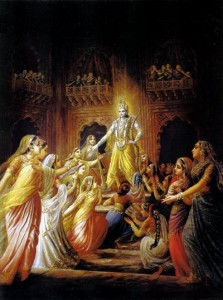 Krishna married 16,108 women! How did he interact with them? How did they live their routine lives? It is natural for a seeker to wonder. The answers to these questions can strengthen the faith of those visiting Dwarka.
Krishna married 16,108 women! How did he interact with them? How did they live their routine lives? It is natural for a seeker to wonder. The answers to these questions can strengthen the faith of those visiting Dwarka.